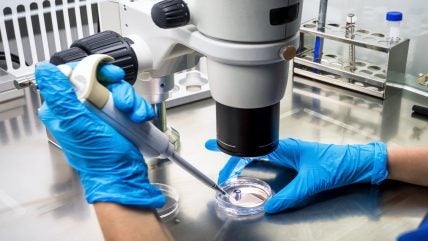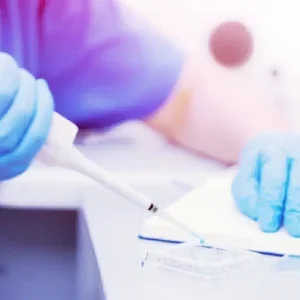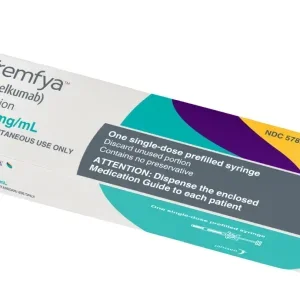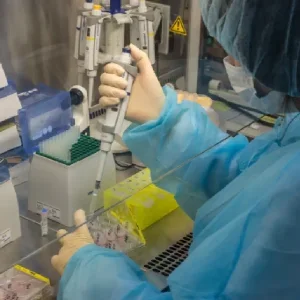
Repare Therapeutics has announced the out-licensing of its oncology discovery platforms to DCx Biotherapeutics, a newly established Canadian biotechnology firm.
The agreement includes intellectual property tied to Repare’s SNIPRx, SNIPRx-surf, and STEP2 platforms, along with the transfer of selected research assets and personnel.
The deal forms part of DCx Biotherapeutics’ entry into the precision drug conjugates sector and is backed by Amplitude Ventures.
As part of the transaction, DCx Biotherapeutics will make upfront and near-term payments totalling $4m to Repare.
The agreement also grants Repare a 9.99% equity interest in DCx Biotherapeutics, alongside dilution protection rights.
In addition to equity, Repare is eligible for future clinical, commercial, and out-licensing milestone payments, as well as tiered royalties on net sales in the low-single digit range for products developed by DCx Biotherapeutics using the licensed assets.
DCx Biotherapeutics will also take over certain laboratory facilities in Montreal, acquire selected equipment, and retain approximately 20 preclinical research employees from Repare. Furthermore, Repare will hold nomination rights for one seat on DCx’s board of directors.
Repare president, CEO, and chief financial officer Steve Forte said: “We have taken careful steps to evaluate all aspects of our business to ensure continued value generation, and this out-licensing agreement with DCx for our discovery platforms enables us to further focus on our clinical portfolio and drive cost reductions while maintaining an economic interest in the platform technologies we have developed.
“We look forward to reporting initial data from our two ongoing Phase 1 clinical trials in the second half of 2025, and continue to evaluate partnering and strategic alternatives across our portfolio assets.”
The licensed SNIPRx-surf platform is designed to identify tumour cell surface targets by integrating gene expression data and protein profiles with clinically relevant biomarkers and machine learning.
Meanwhile, the STEP2 platform leverages CRISPR-enabled chemogenomic screening to detect genetic vulnerabilities responsive to small molecule inhibitors.
Repare remains focused on its clinical-stage pipeline, which includes RP-3467, a Phase 1 inhibitor targeting Polθ ATPase, RP-1664, a Phase 1 PLK4 inhibitor, and lunresertib, a PKMYT1 inhibitor. The company’s core technology is based on synthetic lethality and employs genome-wide CRISPR-based approaches to discover and develop cancer therapeutics targeting genomic instability and DNA repair mechanisms.
DCx Biotherapeutics operates at the preclinical stage and aims to advance immune-stimulatory precision antibody-drug conjugates. Its MuSic platform combines CRISPR-based high-throughput functional screening with bioinformatics to support the development of multi-modal, synergistic-targeting therapies for genetically defined cancers.






